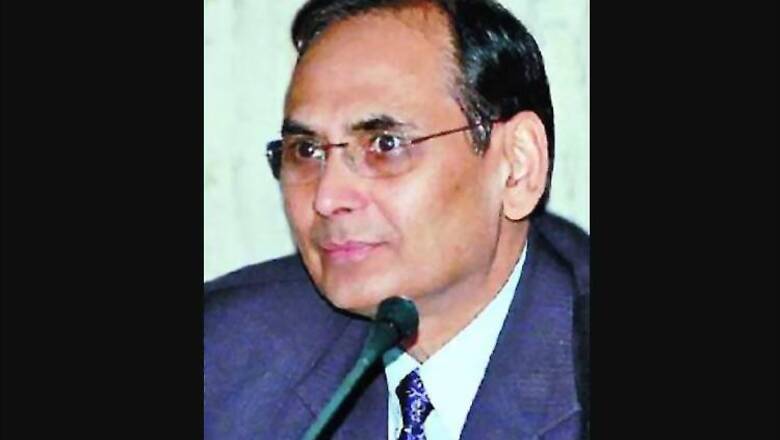
views
A day after the government and the NSCN-IM signed a peace accord that the Centre has termed ‘historic’, there is broad consensus that the two sides have reached a ‘framework of engagement’. In the days ahead many details of this agreement will be fleshed out. States like Manipur and Arunachal that will be impacted with the contours of the agreement have so far remained guarded in their reaction.
RS Pandey the interlocutor for the Naga peace process from 2010-2013 and a current BJP member has said that the decisiveness of the current government has clinched the agreement and that the UPA was unable to take a final call. He also said that in the days ahead the government should deal carefully with the dissatisfied groups. He was speaking to CNN-IBN Executive Editor Anubha Bhonsle
(The excerpts from the interview)
Q: From the details in the public domain and your own experience as an interlocutor, having dealt with Mr Muivah, how would you assess the peace accord or this framework arrangement?
Well, the details are yet to come and I understand that what has come is the framework agreement. This is a very historic agreement marking the end of over 6 decades of conflict. Naga insurgency is the oldest and NSCN is the most dominant group in the region. The Government and the PM have been decisive to create history as it unfolded yesterday.
Q: Did successive interlocutors over the years manage to convince the NSCN-IM on the impossibility of the ‘Nagalim’ demand and the issue of sovereignty? What do you believe Mr Muivah and Isak Swu have agreed to?
In 2011 itself it was very clear that the core issues at the heart of Government of India's mindset cannot be compromised and that means the unity, integrity and sovereignty of India is not negotiable and a solution has to be found in accordance with the governance system that India has and the Constitution of India which governs the governance system. The system has to be followed while attempting any solution and therefore the concept of Nagalim was not possible. From the NSCN side the core requirement was recognition of the uniqueness of Naga history, culture and the situation. This was acceptable to the Government of India as per my interaction as an interlocutor and these have found expression in the statements made by the Prime Minister and Mr. Muivah.
Q: How would the process of dismantling camps, getting the cadre into the mainstream, weapons etc work in the days ahead?
Some modality in this regard would have been framed which should hopefully be revealed in the detailed agreement.
Q: How do you see this move impact the insurgencies across the North East, specially the Meitei and Kuki groups and the ULFA?
Since this is the largest group representing the oldest insurgency and the way it has been handled so far and the decisiveness with which the PM has clinched the agreement, the message across the region should be positive. However, the dissatisfied groups should be handled carefully from a position of strength as well as of consideration taking the help of the people at large who genuinely want peace. There are tribal and ethnic sensitivities, historical perspectives associated with each group, which will have to be kept in mind while dealing with the strategy in future.
Q: You once famously attempted to get Mr Muivah to his homeland in Somdal, do you believe it can be a reality now?
Yes, but only after the detailed agreement receives wide acceptance in Manipur as well.
Q: Would it be fair to say the NDA has concluded what the UPA began as far as the peace process is concerned?
All the previous governments have contributed their bit. Shri Atal Bihari Vajpayee as the then PM accepted the uniqueness of Naga history and situation, which is one of the underlined principles of the agreement. During my tenure as the interlocutor, I did realize the need for accepting the core issues from both the sides. The current NDA Government's decisiveness has clinched the agreement. The preceding UPA Government couldn't take the final call. The current Government led my PM Modi has done it.
Q: The NSCN-IM Chairman Isak Swu has been on ventilator support for the last few weeks, his condition critical, do you believe the agreement has been prompted by some extent by this?
Isak Swu has been part of the organization since old days and he wanted to really see a settlement of this problem in his lifetime and they were really keen on this, and thank god, it has come.
Q: Would the peace accord need some amount of political management from here on, with states like Manipur?
Certainly, while working out details, the states concerned will have to be taken into confidence; the states' cooperation will be essential in implementing many of the provisions in the agreement.
















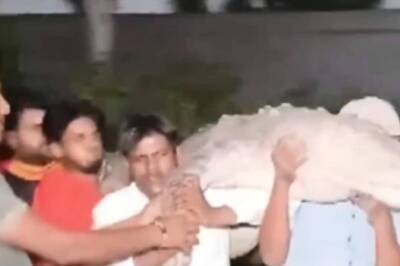
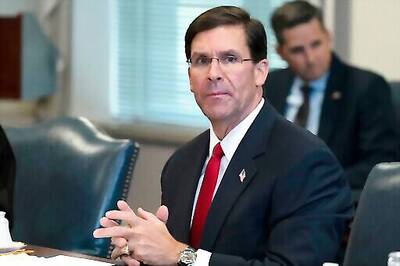
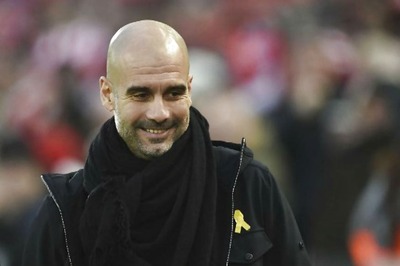
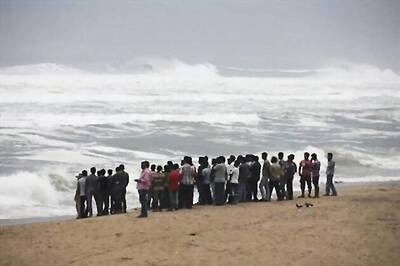
Comments
0 comment